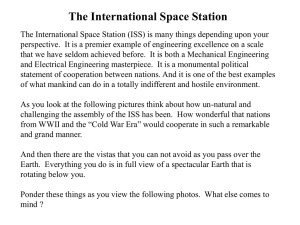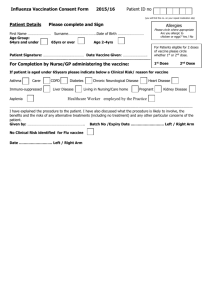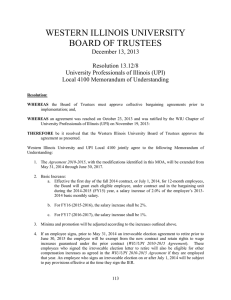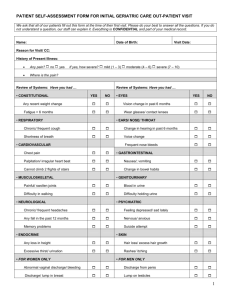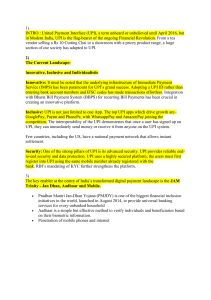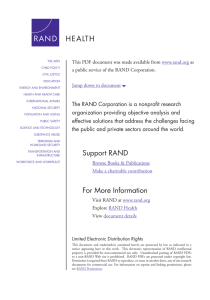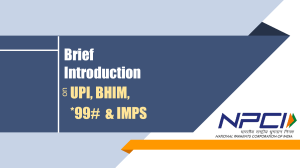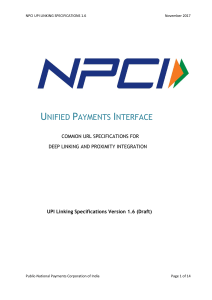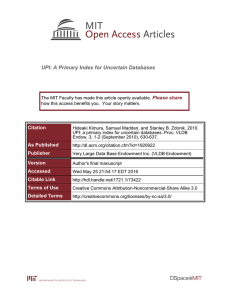DailyIndia.com, NY 07-10-06 UPI NewsTrack Health and Science News
advertisement
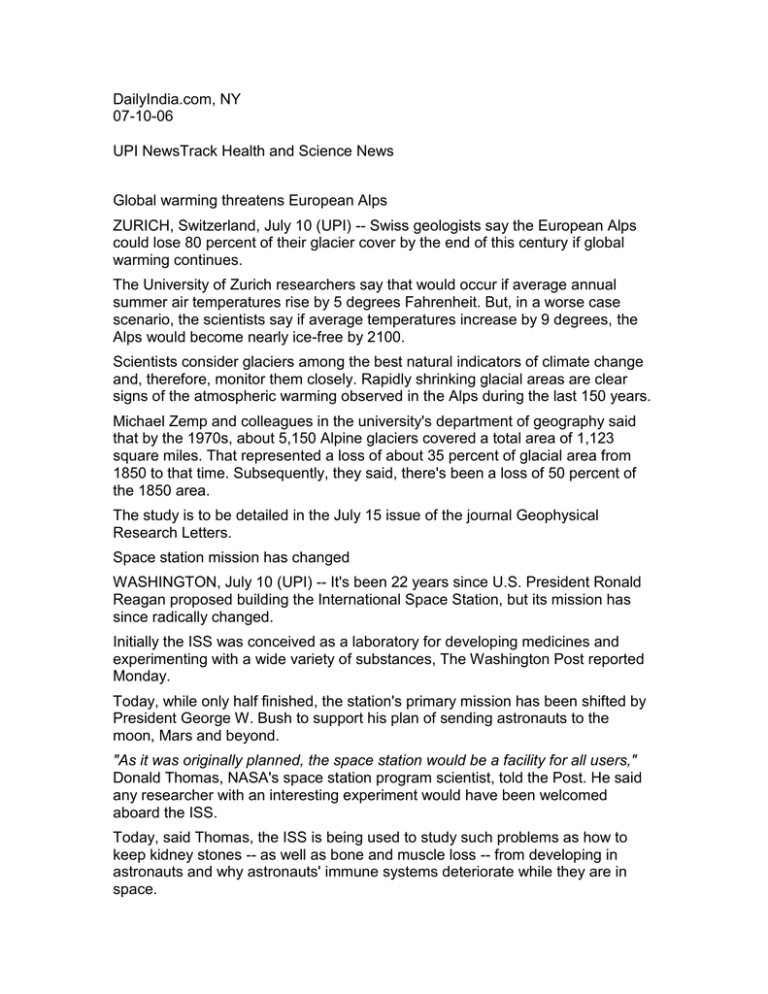
DailyIndia.com, NY 07-10-06 UPI NewsTrack Health and Science News Global warming threatens European Alps ZURICH, Switzerland, July 10 (UPI) -- Swiss geologists say the European Alps could lose 80 percent of their glacier cover by the end of this century if global warming continues. The University of Zurich researchers say that would occur if average annual summer air temperatures rise by 5 degrees Fahrenheit. But, in a worse case scenario, the scientists say if average temperatures increase by 9 degrees, the Alps would become nearly ice-free by 2100. Scientists consider glaciers among the best natural indicators of climate change and, therefore, monitor them closely. Rapidly shrinking glacial areas are clear signs of the atmospheric warming observed in the Alps during the last 150 years. Michael Zemp and colleagues in the university's department of geography said that by the 1970s, about 5,150 Alpine glaciers covered a total area of 1,123 square miles. That represented a loss of about 35 percent of glacial area from 1850 to that time. Subsequently, they said, there's been a loss of 50 percent of the 1850 area. The study is to be detailed in the July 15 issue of the journal Geophysical Research Letters. Space station mission has changed WASHINGTON, July 10 (UPI) -- It's been 22 years since U.S. President Ronald Reagan proposed building the International Space Station, but its mission has since radically changed. Initially the ISS was conceived as a laboratory for developing medicines and experimenting with a wide variety of substances, The Washington Post reported Monday. Today, while only half finished, the station's primary mission has been shifted by President George W. Bush to support his plan of sending astronauts to the moon, Mars and beyond. "As it was originally planned, the space station would be a facility for all users," Donald Thomas, NASA's space station program scientist, told the Post. He said any researcher with an interesting experiment would have been welcomed aboard the ISS. Today, said Thomas, the ISS is being used to study such problems as how to keep kidney stones -- as well as bone and muscle loss -- from developing in astronauts and why astronauts' immune systems deteriorate while they are in space. And experiments planned at the ISS include learning how to control bowling-ballsized satellites that might be used in space missions. Vaccine developed to fight swine disease BLACKSBURG, Va., July 10 (UPI) -- U.S. scientists have developed a vaccine against Post-weaning Multi-systemic Wasting Syndrome, which threatens the global swine industry. The researchers in the Virginia-Maryland Regional College of Veterinary Medicine at Virginia Tech University say the vaccine has been patented and is being marketed by Fort Dodge Animal Health Inc. The vaccine was developed by Dr. X. J. Meng, a physician, professor and virologist, along with a former graduate student, Martijn Fenaux. Working in the college's Center for Molecular Medicine and Infectious Diseases for nearly seven years -- in collaboration colleagues at Iowa State University -Meng and Fenaux developed a vaccine that is expected to substantially reduce economic losses in the global swine industry. First identified during the early 1990's, PMWS has been a major problem in Europe and Asia, producing mortality rates as high as 30 percent and causing significant disease in up to 50 percent of the animals it infects. Study: Stem-cell sperm produce offspring NEWCASTLE, England, July 10 (UPI) -- British and German scientists have demonstrated sperm grown from embryonic stem cells can be used to produce offspring. The experiment was carried out using mice and produced seven babies, six of which lived to adulthood. The breakthrough will reportedly help scientists understand more about how animals produce sperm, with resulting knowledge having potential applications in the treatment of male infertility. Newcastle University Professor of Stem Cell Biology Karim Nayernia led the research while at Georg-August University in Gottingen, Germany, with Professor Wolfgang Engel and colleagues from Germany and the United Kingdom. Stem cells have the potential to develop into any tissue type in the body and could, therefore, be used to develop a wide range of medical therapies. The study, funded by the University of Gottingen and the Germany Research Council, is reported in the journal Developmental Cell.
